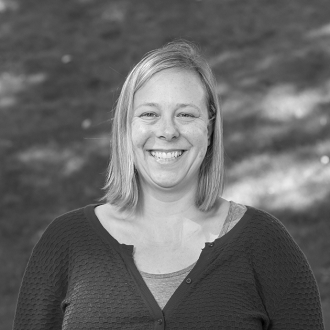 Seasonal Depression Study – Healthy Volunteers
Seasonal Depression Study – Healthy Volunteers
We're sorry. This study is closed and no longer recruiting participants.
STUDY BASICS
Are you a healthy adult aged 36-65 who has never experienced depression? You may be able to take part in a research study to learn more about how light from the sun and lamps in our homes and offices affects our moods, energy levels, and sleep. Participation involves six visits over a year. Compensation provided.
STUDY PURPOSE
Seasonal depression (also called Seasonal Affective Disorder or SAD) is a mood disorder characterized by regularly recurring episodes of major depression in the fall or winter months. Because SAD occurs during a time of year when people are exposed to less light, and because SAD is effectively treated with bright light therapy, researchers think that genes responsible for communicating light information to the brain may play a role in this disorder. The purpose of this research study is to compare people with and without a history of depression to determine how our bodies’ responses to light affect our mood, sleep, and energy levels. Researchers also hope to learn more about depression by studying genes, hormone levels, and other indicators.COULD THIS STUDY BE RIGHT FOR YOU?
- Ages 36-65
- No history of depression, or “winter blues” (seasonal affective disorder), or noticeable changes in mood/energy across the seasons
- Do not regularly work evening or night shifts
WHAT PARTICIPANTS CAN EXPECT
Study participation will vary. All participants will take part in the first visit of the study, and some participants will be invited to return for additional visits (up to six visits total). The first visit (lasting about 2 hours) includes two interviews and multiple questionnaires. Researchers will also ask participants to provide a saliva sample to collect DNA. Additional study visits and activities may include: measuring eye response to light, wearing a wristwatch-like activity monitor, completing sleep diaries, and collecting saliva samples over 6-7 hours during an evening visit to measure hormone levels. Compensation is provided for each visit; the amount per visit varies from $10-$60. For each visit, $5 for bus or $8 for parking will also be provided.IRB: PRO08100337A
- Gene Polymorphisms in Mood DisordersMEET THE RESEARCHER

Kathryn Roecklein
Kathryn Roecklein, PhD, is an Assistant Professor in the Department of Psychology at the University of Pittsburgh. Dr. Roecklein is a specialist in the area of mood disorders, including Seasonal Affective Disorder (SAD). Her previous research on SAD has explored the relationship between sleep and light exposure.
 https://pittplusme.org/study/215
https://pittplusme.org/study/215